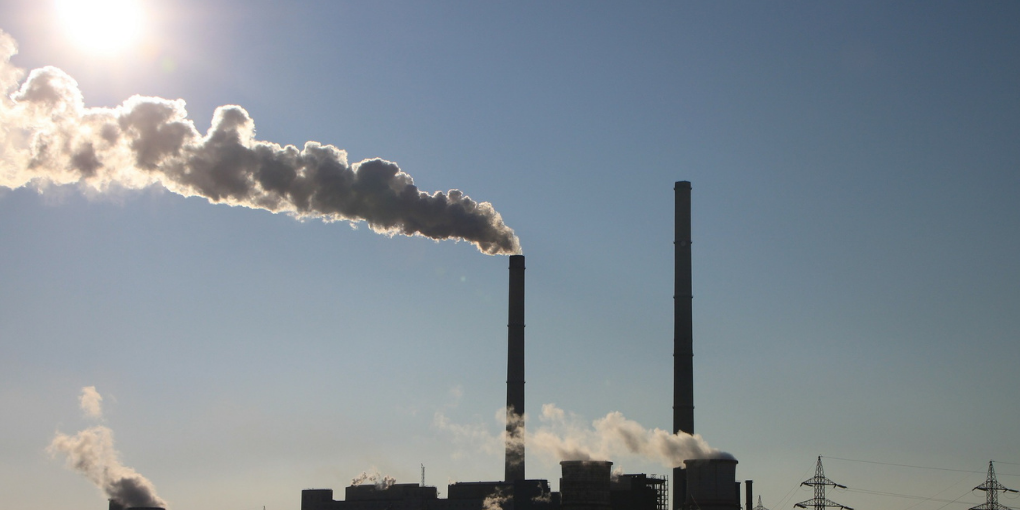In a recent announcement, Environmental Protection Minister Tamar Zandberg commits to reduce 27 percent of greenhouse gases by 2030 and 85% by 2050. Compared to other OECD countries, the numbers are fairly low. The United States reported a 50% reduction by 2030, and 100% by 2050. While these numbers are hopeful, it remains unclear if Israel is capable of following through.

The announcement seems unrealistic, given that it took over five years for the government to reach a point of approval. Governmental disagreements between the energy and finance ministries had placed a pause in the process, yet Israel needed to move fast, as it was called out in violation of the Paris agreement, which was signed in 2015 by countries who agreed to submit desired energy reductions by 2020.
The global aim is to create a low-carbon economy and to monitor the effects of climate change. Israel’s delay was likely due to the stagnant positions of the government, yet the agreement reads that “This joint resolution is the first time that an outline has been offered to reduce greenhouse gas emissions and a national strategy has been formulated for the transition to a clean, efficient, and competitive economy. By doing so, Israel takes its place alongside other developed countries in the global fight against climate change.”








